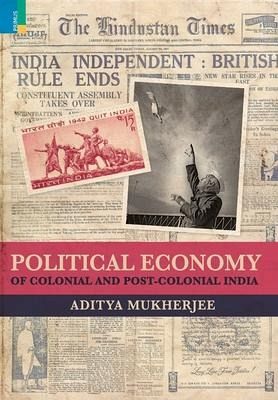
Political Economy of Colonial and Post-Colonial India
Versandkostenfrei!
Versandfertig in über 4 Wochen
77,99 €
inkl. MwSt.
Weitere Ausgaben:

PAYBACK Punkte
39 °P sammeln!
Political Economy of Colonial and Post-Colonial India analyses critical aspects of the political economy of the colonial and the post-colonial period and focuses on the debates on the transition from one to the other. The volume discusses the Great Divergence, where Britain's shooting forward was predicated upon the devastation of the colonial economy, and instruments used for achieving the subjugation of the Indian economy, such as British monetary policy and particularly the Reserve Bank of India. A major contribution of the book is to study the politics of the two basic contending classes-t...
Political Economy of Colonial and Post-Colonial India analyses critical aspects of the political economy of the colonial and the post-colonial period and focuses on the debates on the transition from one to the other. The volume discusses the Great Divergence, where Britain's shooting forward was predicated upon the devastation of the colonial economy, and instruments used for achieving the subjugation of the Indian economy, such as British monetary policy and particularly the Reserve Bank of India. A major contribution of the book is to study the politics of the two basic contending classes-the capitalist class and the working class as represented by the Left. It is this that determined which class perspective exercised ideological hegemony or influence over the national movement and, consequently, over the post-colonial Indian state. An examination of the Indian national movement's 'idea of India', implemented by the post-colonial Indian state led by Jawaharlal Nehru forms a core theme of the book. It also discusses Indira Gandhi shaping the Indian economy, taking the Nehruvian path to its logical conclusion and then initiating the shift to economic reform. Finally, it discusses at length the growing challenge of perhaps the longest lasting legacy of colonialism-religious communalism-which threatens India's integrity today.




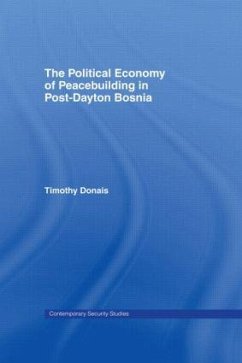
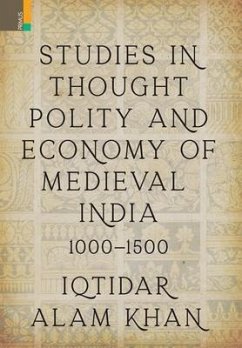

![The Political [!] Economy of Slavery; Volume 1 Cover The Political [!] Economy of Slavery; Volume 1](https://bilder.buecher.de/produkte/71/71683/71683700n.jpg)
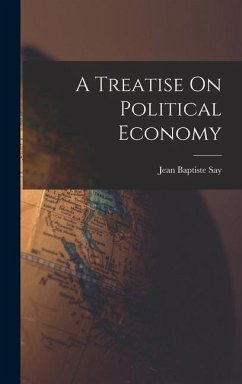

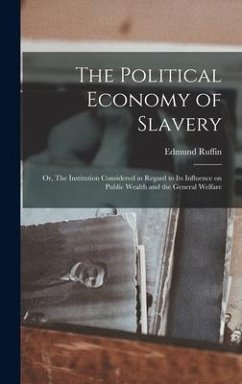
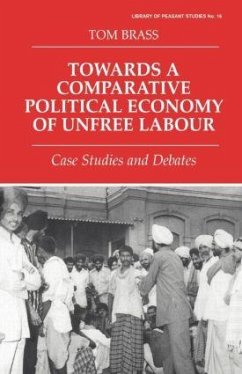
![The Political [!] Economy of Slavery Cover The Political [!] Economy of Slavery](https://bilder.buecher.de/produkte/74/74361/74361734n.jpg)